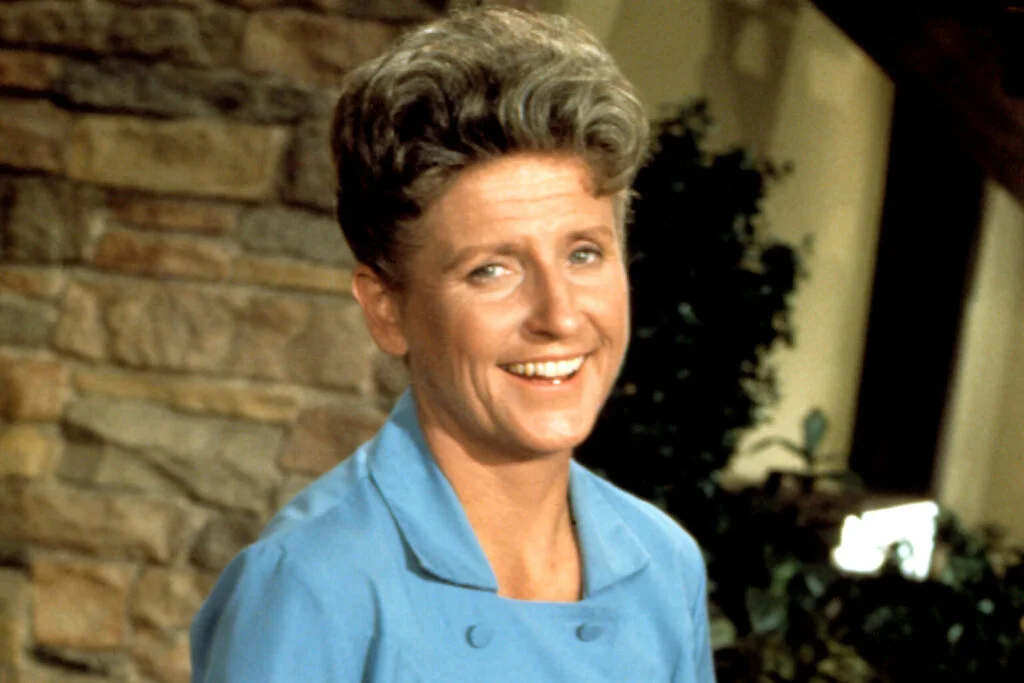Remember those evenings gathered around the television set, watching our favorite shows with family? While certain TV mothers became household names and cultural icons, many others quietly modeled incredible parenting without receiving nearly enough acclaim. These unsung maternal heroes shaped our understanding of motherhood, offering comfort, wisdom, and moments of hilarity that still warm our hearts decades later. Let’s take a walk down memory lane and celebrate twelve television moms who deserved far more recognition than they ever received.
1. Marion Cunningham – “Happy Days” (1974-1984)

Marion Cunningham, portrayed by the delightful Marion Ross, was the steady backbone of the Cunningham household who kept everyone in line with her firm but loving approach. While the Fonz stole scenes and Richie charmed America, it was Marion who maintained the heart of the show, balancing traditional values with a progressive willingness to embrace changing times. Her kitchen was the true hub of the series, where problems were resolved over meatloaf and her famous chocolate chip cookies. So powerful was her impact that, according to MeTV, Marion Ross envied her character.
Marion’s relationship with husband Howard showed a genuine partnership that was relatively rare for television of that era. She never reduced herself to a simple homemaker stereotype, displaying intelligence, wit, and occasional mischief that made her character wonderfully three-dimensional. The way she lovingly referred to her husband as “Howard” became an endearing catchphrase that conveyed a world of emotion in just one word.
2. Florida Evans – “Good Times” (1974-1979)
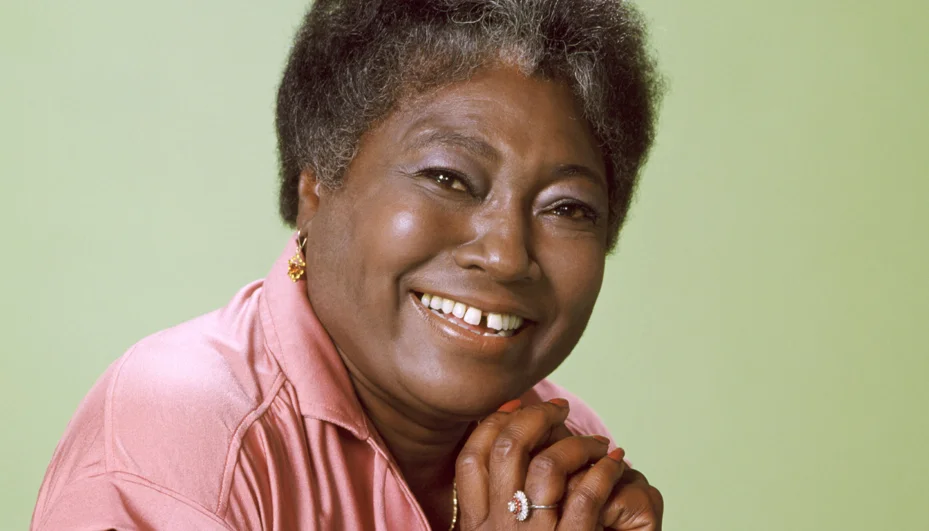
Esther Rolle’s portrayal of Florida Evans gave America one of television’s most resilient and dignified mothers, raising her family in Chicago’s housing projects with unwavering strength. Despite facing economic hardship, discrimination, and countless setbacks, Florida maintained optimism and demanded excellence from her children—teaching them to overcome obstacles rather than be defined by them. Her famous “Damn, damn, DAMN!” moment of raw grief showed audiences that strong mothers could be vulnerable too. Essence explores the role of this series, and its iconic TV mom, in Black culture.
Florida worked tirelessly as a domestic worker while instilling values, pride, and faith in her children—J.J., Thelma, and Michael. She stood as the moral center of the Evans family, balancing her husband James’s occasional impulsiveness with levelheaded wisdom that kept the family afloat through impossible circumstances. Florida Evans deserves recognition for representing millions of real American mothers who held families together with grace and grit despite systems stacked against them.
3. Harriette Winslow – “Family Matters” (1989-1998)
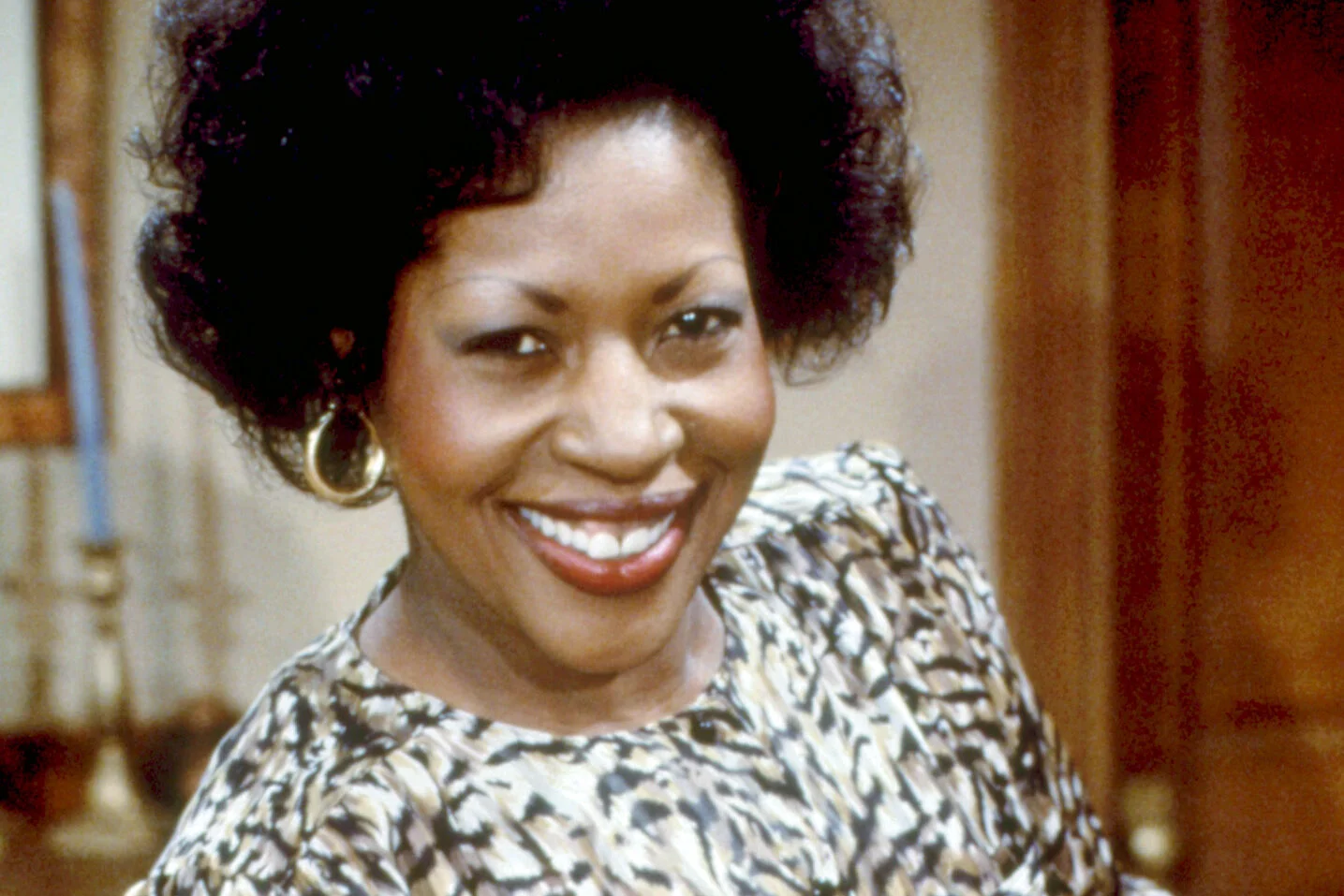
Before “Family Matters” became the Steve Urkel show, it centered on Harriette Winslow (Jo Marie Payton), a working mother balancing career and family with remarkable poise. As a security guard at the Chicago Chronicle newspaper, Harriette broke gender barriers while maintaining a loving but no-nonsense approach to parenting her three children. Her practical wisdom and quick wit provided the perfect counterbalance to her husband Carl’s more emotional reactions to family challenges. Collider shines a light on the decisions that influenced casting this empowering TV mom.
Harriette never received proper recognition for her groundbreaking role as a working-class Black mother shown with dignity, complexity, and genuine authority in her household. She managed to love the maddening Urkel while setting appropriate boundaries, showing remarkable patience with her extended family living under one roof. Harriette’s character demonstrated that mothers could pursue careers, maintain marriages, and raise respectful children without sacrificing their own identities in the process.
4. Kitty Forman – “That ’70s Show” (1998-2006)
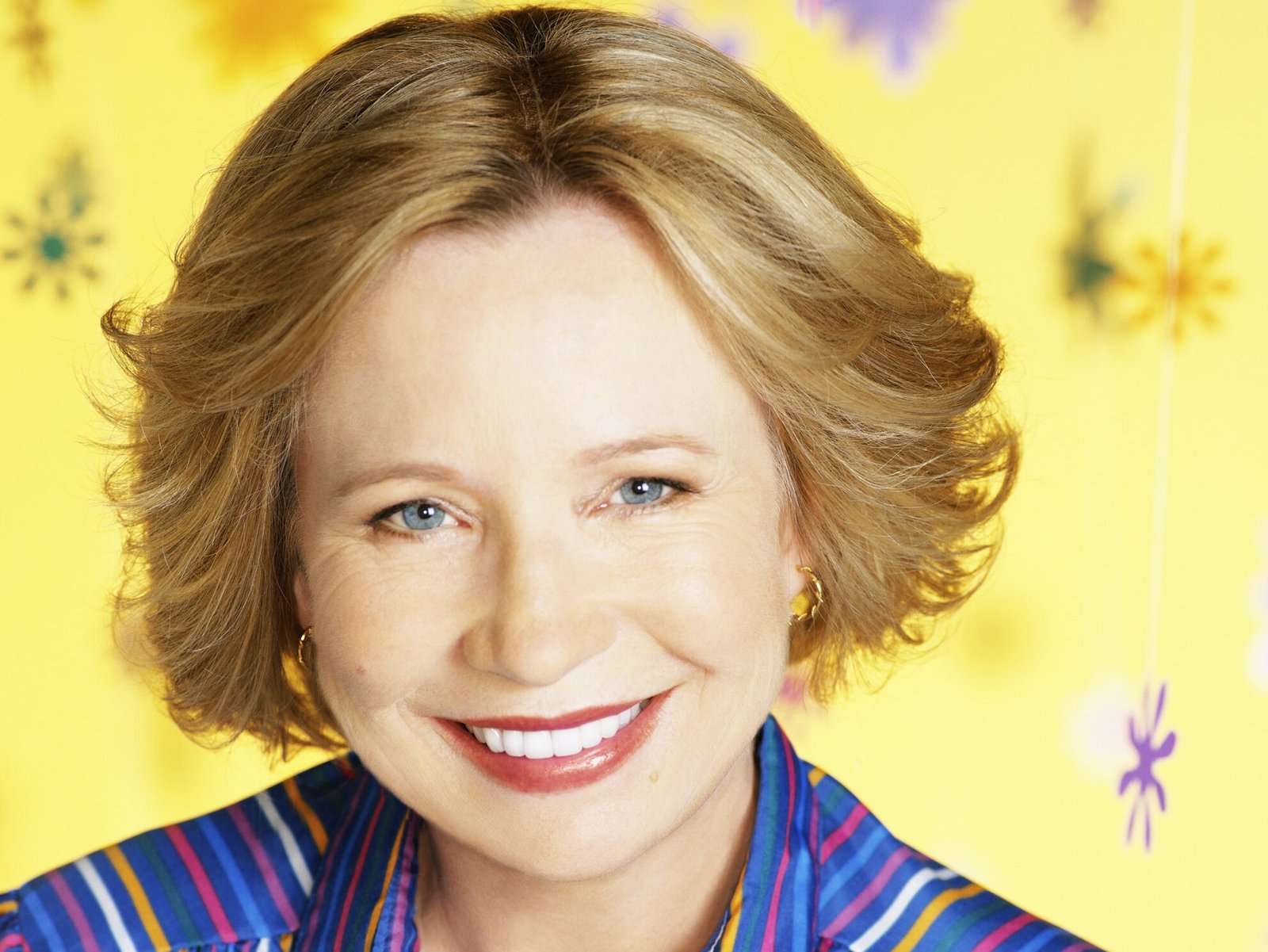
Debra Jo Rupp’s Kitty Forman balanced nursing work with maintaining a home where her son’s friends felt as welcome as family, all while dealing with her curmudgeonly husband Red. Her distinctive laugh masked the stress of being the emotional support system for an entire community of teenagers navigating the confusion of the 1970s. Kitty’s homemade brownies and breakfast spreads were merely the visible manifestations of her deeper gift—creating safe spaces for young people to figure out their lives.
Though often played for comedic effect, Kitty’s occasional struggles with empty nest syndrome, career challenges, and middle-age concerns were handled with surprising nuance. She demonstrated how mothers often suppress their own dreams and anxieties to create stability for their families, using humor as a coping mechanism for life’s disappointments. Kitty’s character deserves appreciation for showing how mothers of the Baby Boomer generation navigated social changes while still maintaining traditional family values.
5. Lois Wilkerson – “Malcolm in the Middle” (2000-2006)
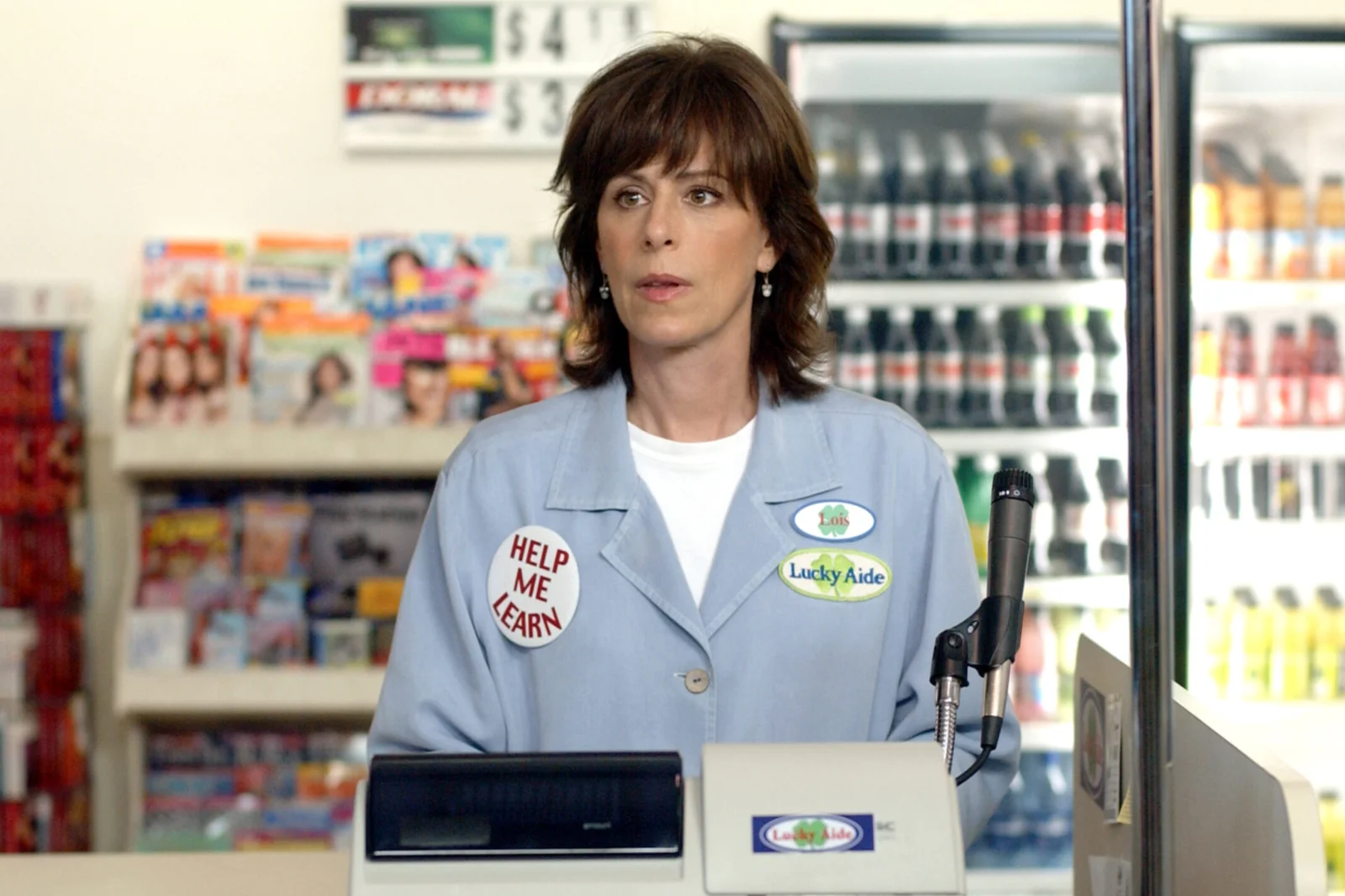
Jane Kaczmarek’s portrayal of Lois Wilkerson gave television one of its most refreshingly realistic working-class mothers—frazzled, occasionally terrifying, but fiercely devoted to her challenging brood of boys. Managing four (later five) rambunctious sons while working at a drugstore, Lois developed eyes in the back of her head and an uncanny ability to predict her children’s schemes before they hatched. Her parenting philosophy wasn’t about winning popularity contests but about preparing her brilliant but chaotic children for a world that wouldn’t cut them any breaks.
Behind Lois’s stern exterior was a woman who recognized her gifted middle son’s potential and fought institutional barriers to ensure he received appropriate educational opportunities. Her own difficult childhood and thwarted dreams fueled her determination that her children would have better lives, even when her methods seemed harsh or excessive. Lois deserves recognition for depicting motherhood without sentimentality or glamour—showing the exhausting, thankless reality of raising good people in challenging circumstances.
6. Vivian Banks – “The Fresh Prince of Bel-Air” (1990-1996)
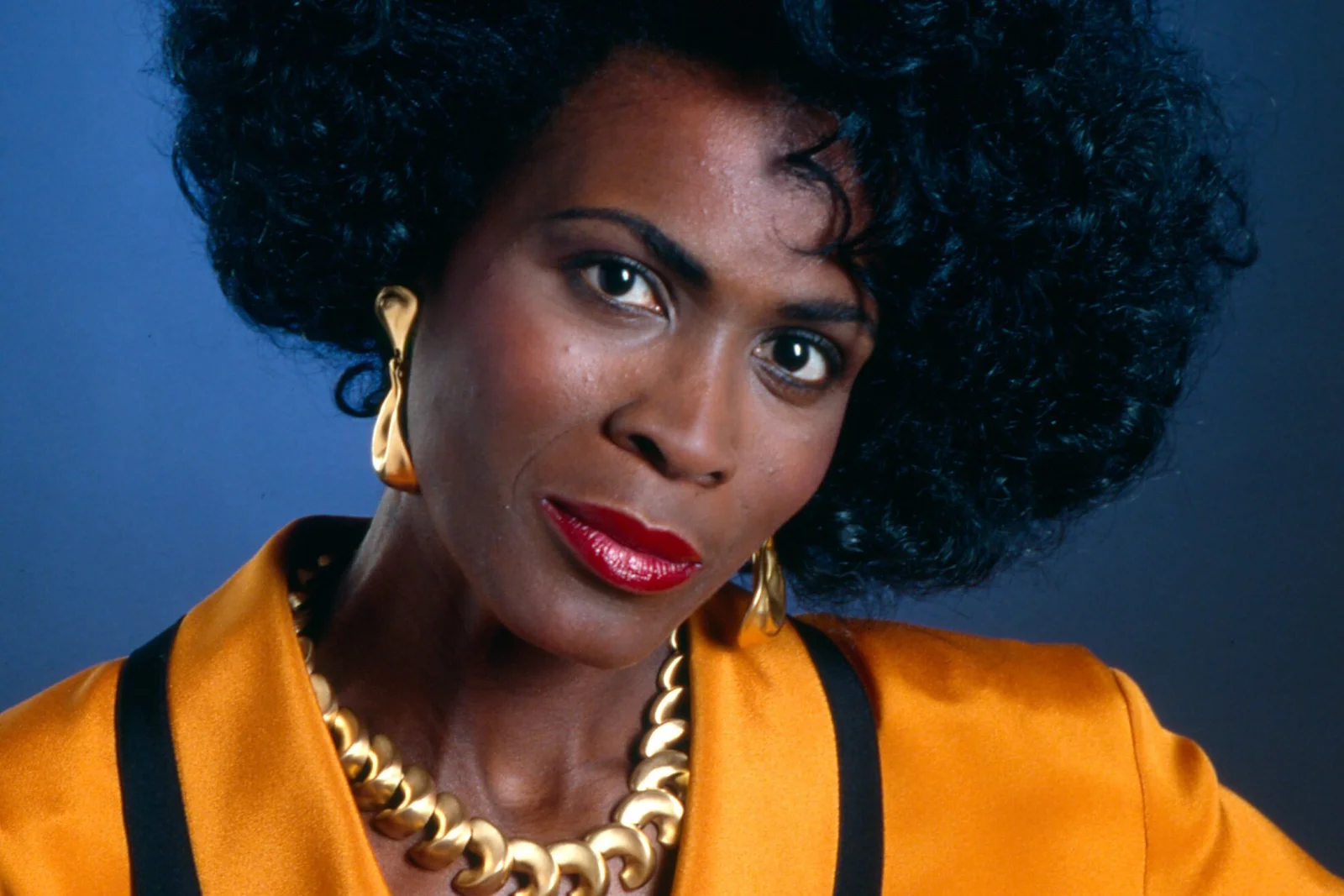
The original Aunt Viv, portrayed by Janet Hubert-Whitten, represented Black excellence as a professor who balanced career ambitions with raising her own children plus her nephew Will. Her character demolished stereotypes by showing a professional Black woman who could discuss literature and art while still maintaining connection with her roots. Vivian’s elegant presence provided crucial guidance as Will adjusted to life in Bel-Air’s privileged environment.
Though technically Will’s aunt, Vivian functioned as a co-mother figure whose approach complemented Uncle Phil’s more traditional authority. Her storylines exploring returning to dance, pursuing her doctorate, and managing pregnancy in her forties showed mothers as complex women with evolving identities beyond their maternal roles. The depth and dignity Hubert-Whitten brought to Vivian Banks deserves recognition for expanding television’s limited portrayal of Black motherhood.
7. Elyse Keaton – “Family Ties” (1982-1989)

Meredith Baxter’s Elyse Keaton represented the fascinating journey of former 1960s radicals raising children in the conservative 1980s. As an architect with her own career, Elyse maintained her progressive values while respecting her Republican son Alex’s different political path—modeling how mothers can love children who reject their worldview. Her patient explanations of her activist past provided perspective on how maternal values evolve but core principles remain.
Elyse managed to be both friend and parent to her children, creating a home where open discussion of difficult topics was encouraged rather than avoided. Her professional success showed viewers that motherhood and career weren’t mutually exclusive, even as she navigated the “having it all” pressures of the 1980s. Elyse deserves credit for depicting an intellectually engaged mother whose parenting philosophy embraced both boundaries and mutual respect.
8. Sophia Petrillo – “The Golden Girls” (1985-1992)
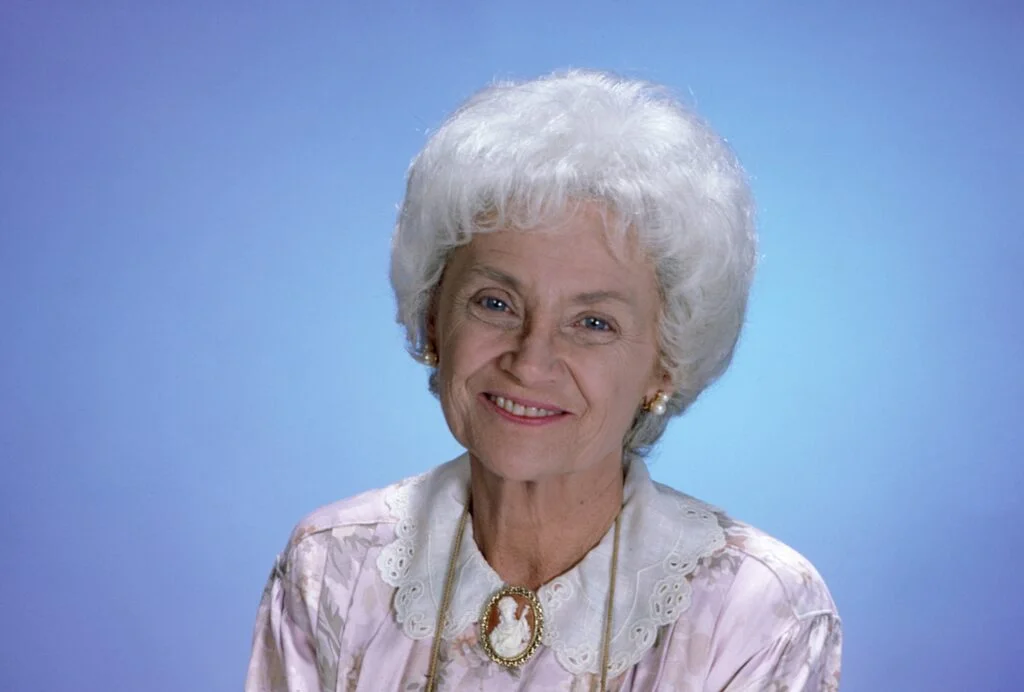
Though technically a mother rather than a “mom with kids at home,” Estelle Getty’s Sophia Petrillo demonstrated that motherhood doesn’t end when children become adults. Her relationship with daughter Dorothy showed the complex evolution of mother-daughter dynamics into friendship while maintaining those unmistakable maternal concerns. Sophia’s brutal honesty, wrapped in her famous “Picture it: Sicily…” stories, delivered life wisdom disguised as entertainment.
Sophia’s character challenged stereotypes about elderly mothers, showing her sexual history, dating life, and occasional rebellious behavior. Her experiences surviving poverty, immigration hardships, and widowhood informed her parenting style—tough, pragmatic, but deeply loving. Sophia deserves recognition for showing that mothers remain vital, complex individuals with their own needs and stories even as they age.
9. Clair Huxtable – “The Cosby Show” (1984-1992)
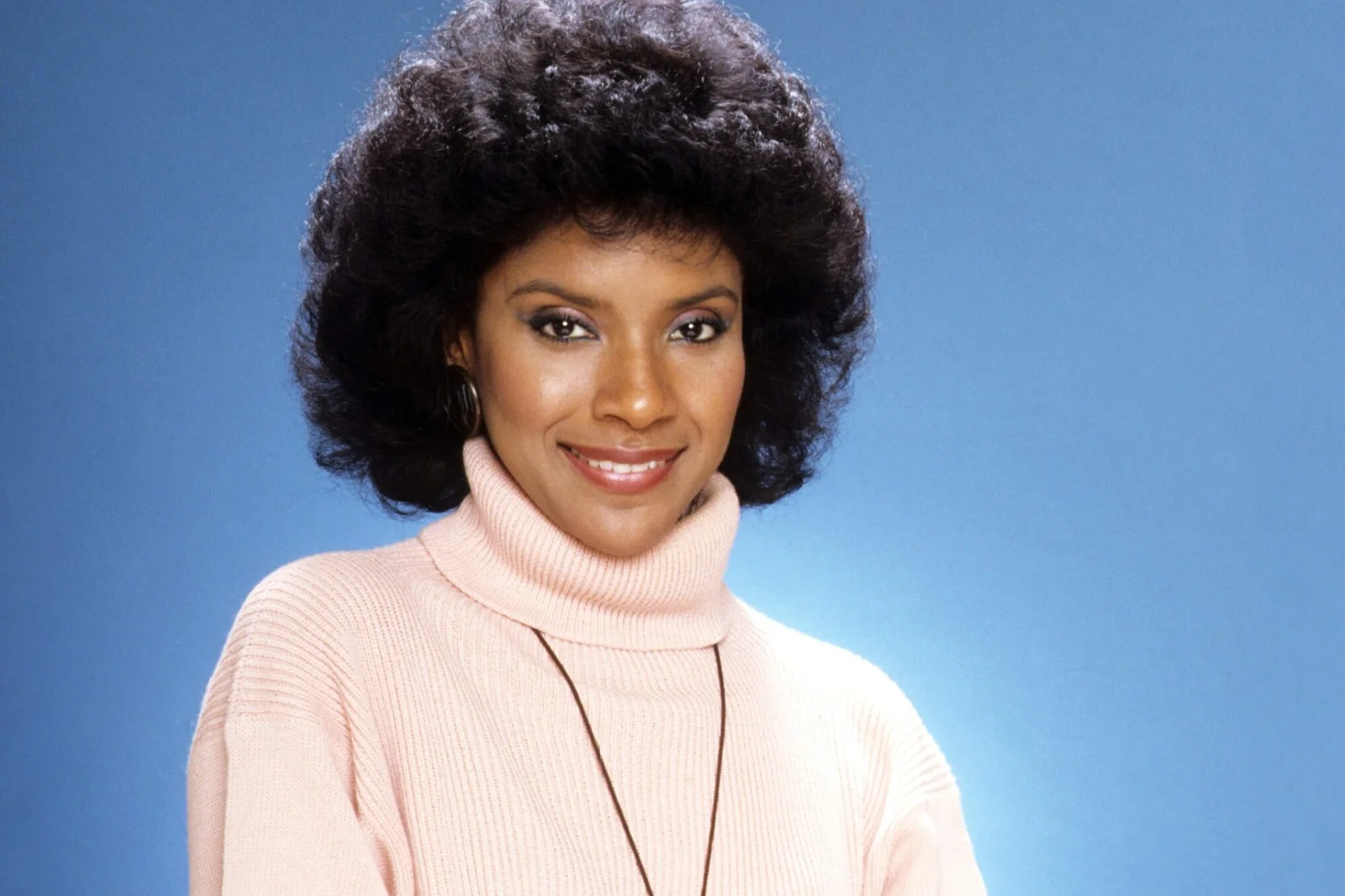
While Clair Huxtable (Phylicia Rashad) is often mentioned among great TV mothers, her groundbreaking nature as a successful lawyer balancing career and family deserves more specific recognition. Her character dismantled stereotypes about Black mothers while showing that maternal authority could be wielded with elegance, intelligence, and occasional righteous anger. Clair’s famous takedowns of sexism and disrespect were masterclasses in standing one’s ground without losing composure.
Despite her career success, Clair was deeply involved in her five children’s lives—helping with homework, attending school functions, and teaching life lessons through meaningful conversation rather than lectures. She maintained equal partnership with her husband while preserving her own identity, showing a generation of viewers that motherhood didn’t require submerging one’s professional ambitions or personal interests. Clair Huxtable deserves credit for expanding television’s limited vision of what Black motherhood could look like in professional America.
10. Roseanne Conner – “Roseanne” (1988-1997)

Before controversy overshadowed her legacy, Roseanne Barr’s portrayal of Roseanne Conner revolutionized how working-class mothers were depicted on television. Without sugar-coating the challenges of raising three children on limited income, Roseanne used humor as both weapon and shield against life’s hardships. Her character showed that good mothering didn’t require perfection—just fierce love, honesty, and determination to give her children better opportunities than she had.
Roseanne tackled problems many TV mothers never acknowledged: bill collectors, food insecurity, and the exhaustion of working multiple jobs while parenting. She prioritized protection of her children over politeness, creating a home where authenticity mattered more than appearances. Roseanne Conner deserves recognition for representing millions of American mothers who kept families afloat through economic uncertainty with creativity, grit, and unfiltered love.
11. Alice Nelson – “The Brady Bunch” (1969-1974)
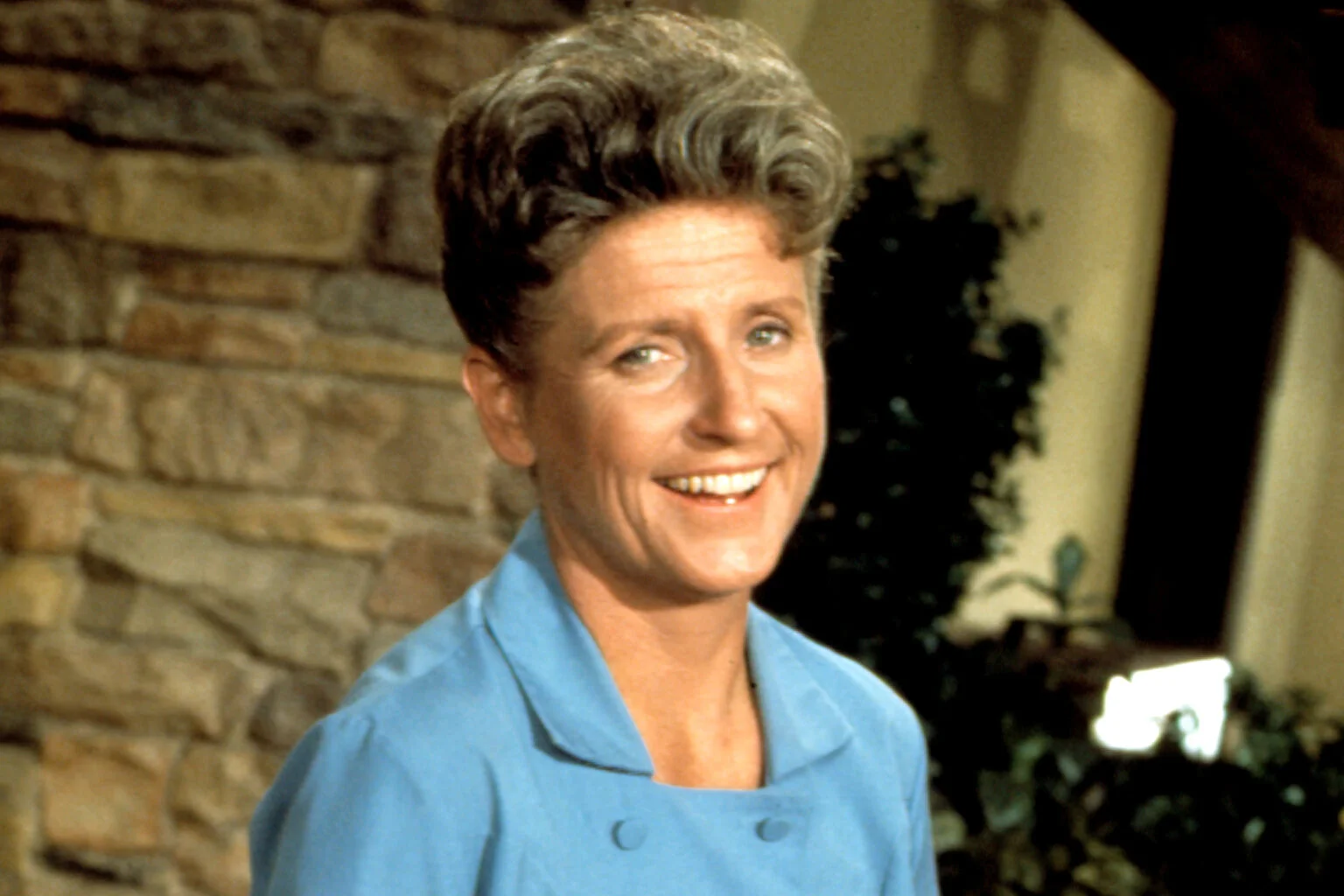
While Carol Brady received the spotlight, Alice Nelson (Ann B. Davis) functioned as a co-mother whose practical support made the blended family’s harmony possible. More than just a housekeeper, Alice provided emotional guidance, mediated sibling conflicts, and maintained family traditions that helped unite two separate families into one. Her famous meatloaf and level-headed advice often resolved problems that the parents couldn’t handle alone.
Alice’s devotion to the Brady children demonstrated that mothering comes in many forms beyond biological connections. Though her personal life received minimal attention (except for her relationship with Sam the butcher), moments revealing her history as a career housekeeper and former military service member added fascinating layers to her character. Alice Mitchell deserves credit for representing the essential contribution of extended maternal figures who help raise children without receiving official “mother” recognition.
12. Maggie Seaver – “Growing Pains” (1985-1992)
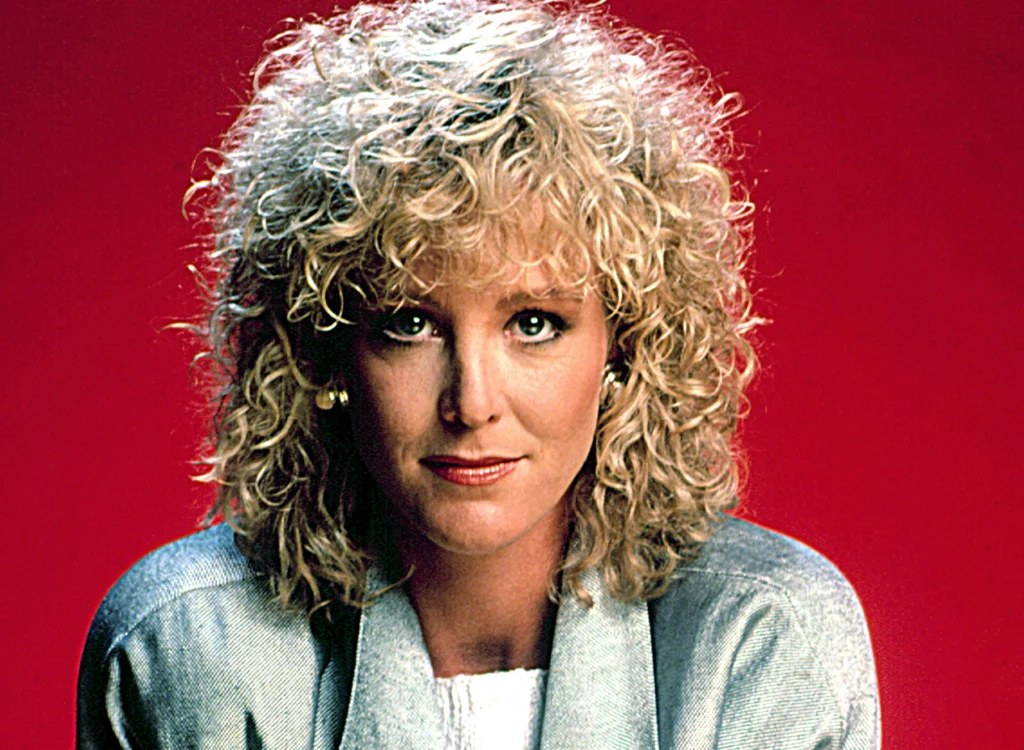
Joanna Kerns portrayed Maggie Seaver as a journalist returning to her career after years as a stay-at-home mom, navigating the delicate balance of professional ambition and family responsibilities. Her evolving dynamic with her husband (who worked from home as a psychiatrist) offered viewers a refreshingly equal partnership during a time when television rarely showed such arrangements. Maggie’s character demonstrated that motherhood could include professional fulfillment without family sacrifice.
Maggie’s patient handling of her three (later four) children’s growing pains showed realistic maternal wisdom rather than sitcom perfection. Her relationship with rebellious son Mike particularly highlighted how effective mothers adapt their parenting styles to each child’s needs while maintaining consistent values. Maggie Seaver deserves recognition for portraying the transition many mothers made in the 1980s as they reclaimed professional identities while remaining dedicated to their families’ wellbeing.
Television has given us countless mother figures over the decades, but too often the most realistic and inspiring among them have been overshadowed by flashier characters or relegated to supporting roles. These twelve remarkable TV moms shaped our understanding of what good mothering looks like—resilient, adaptive, imperfect but deeply committed to their children’s welfare. As we look back on these characters with the wisdom of years, perhaps we can better appreciate the quiet strength they modeled that didn’t always make for dramatic television but reflected the real heroism of everyday motherhood.

